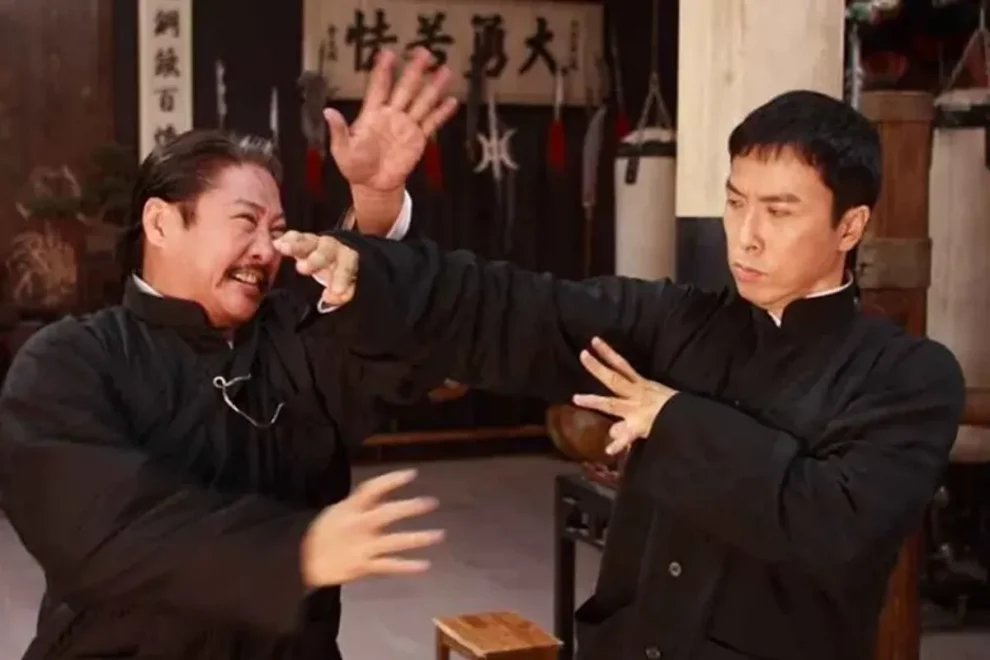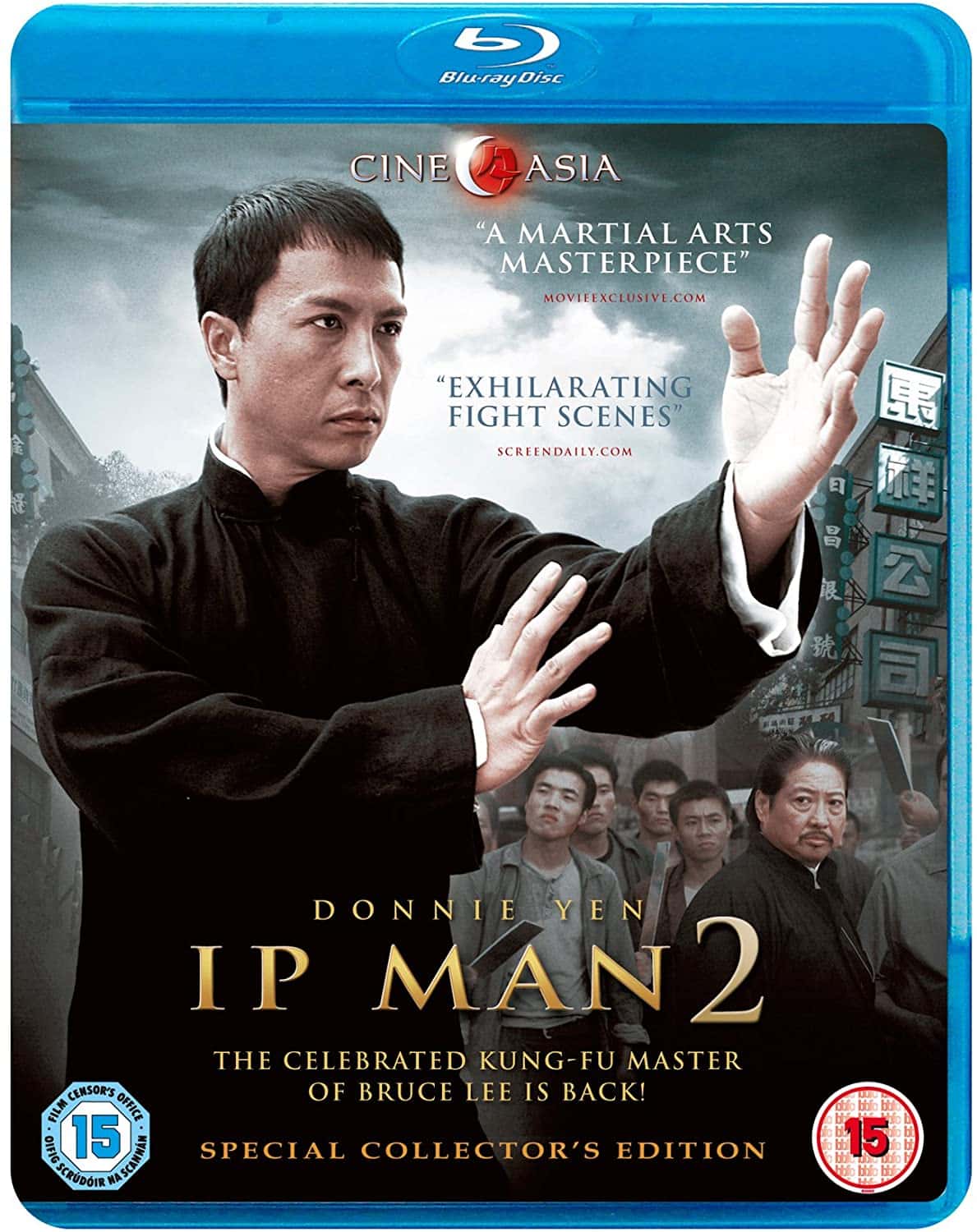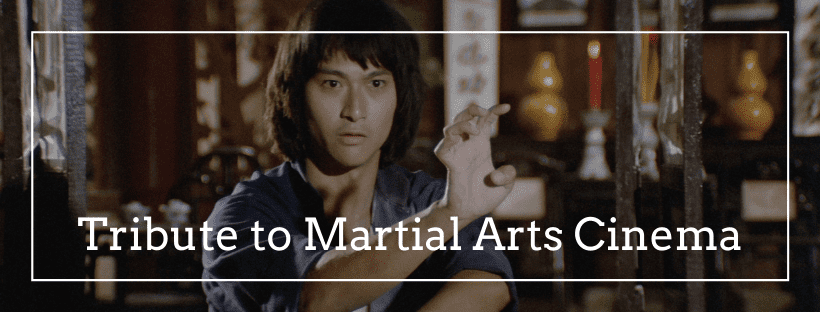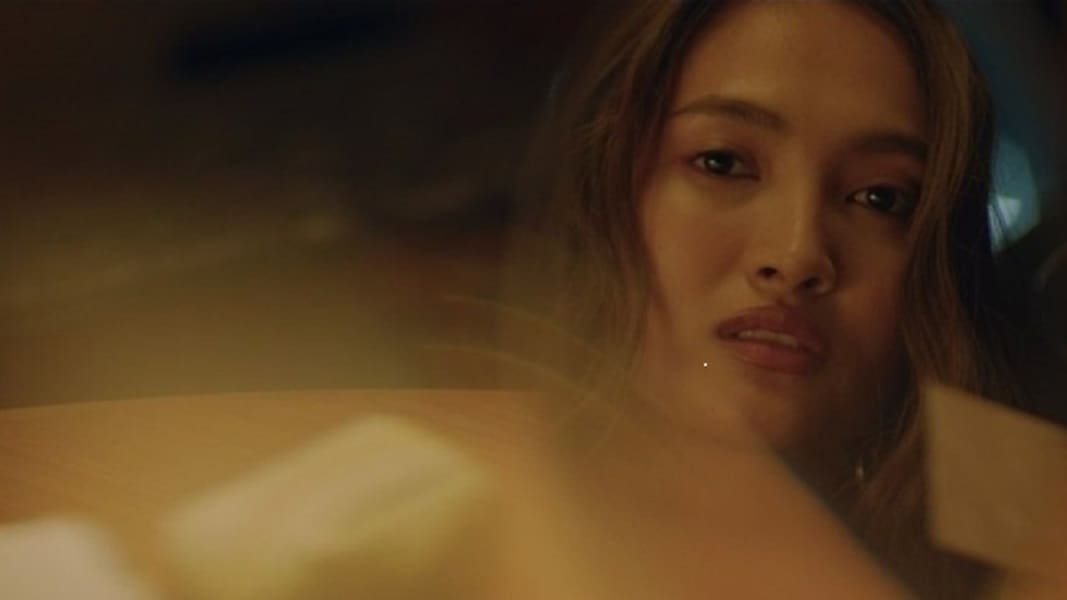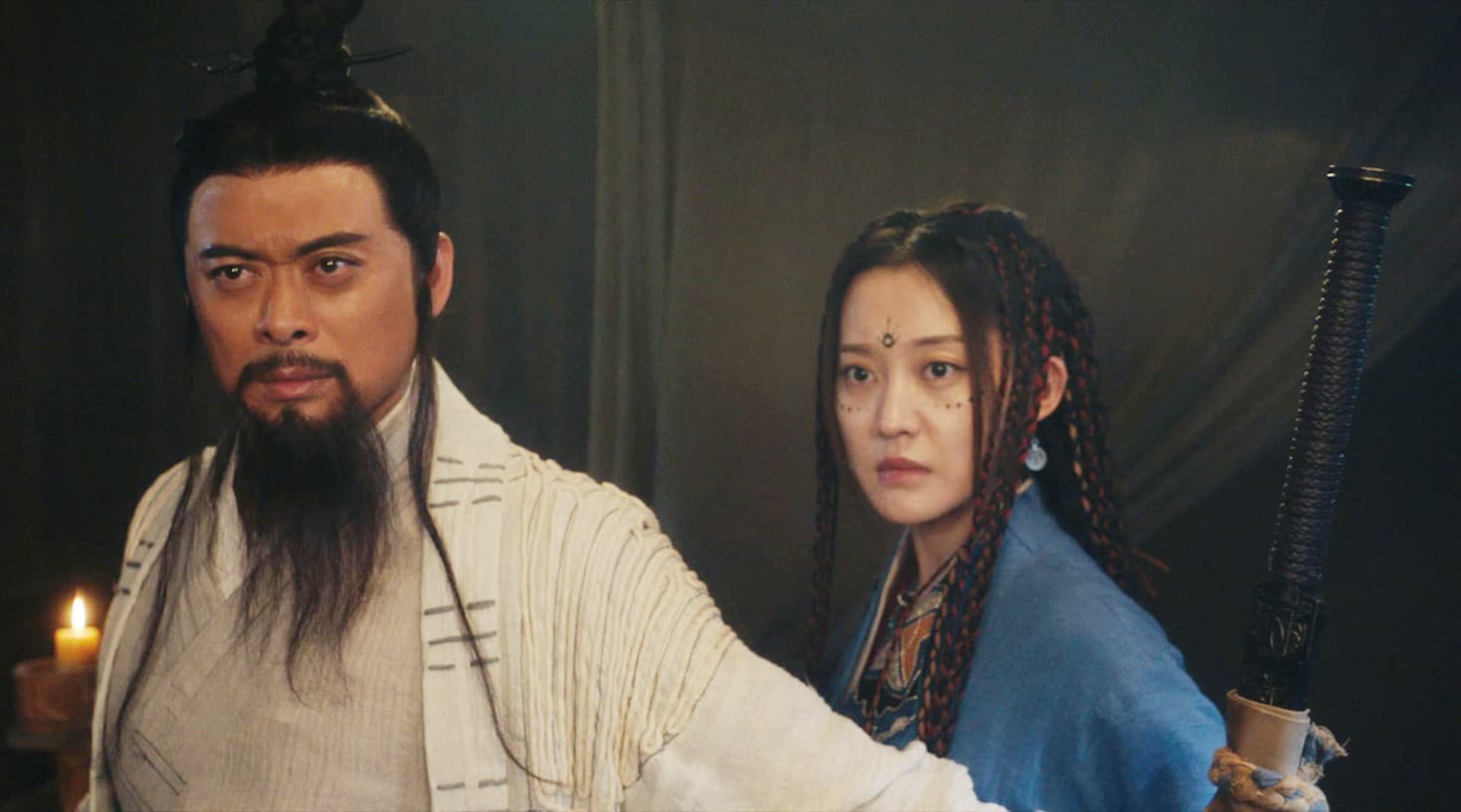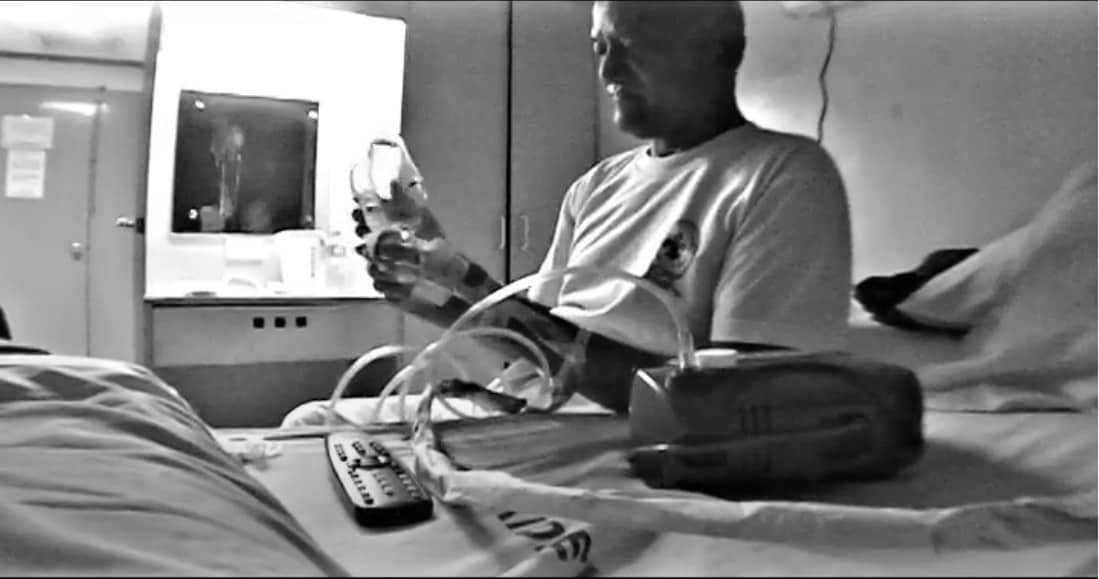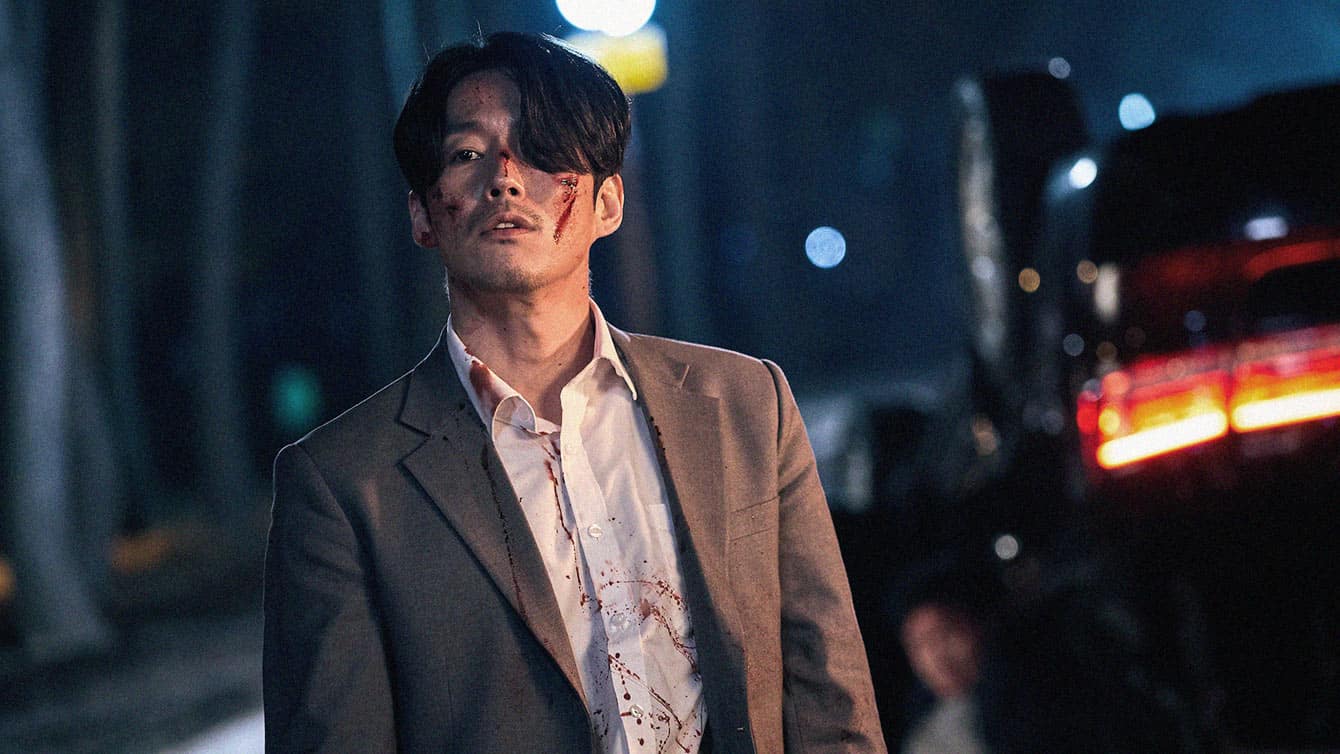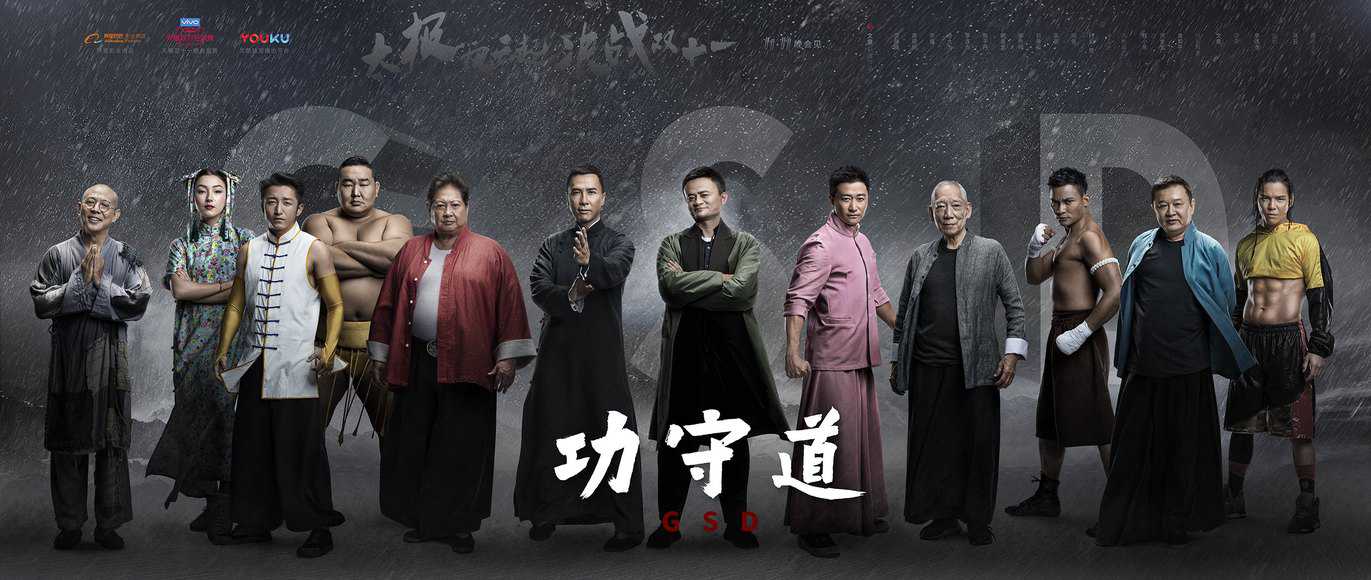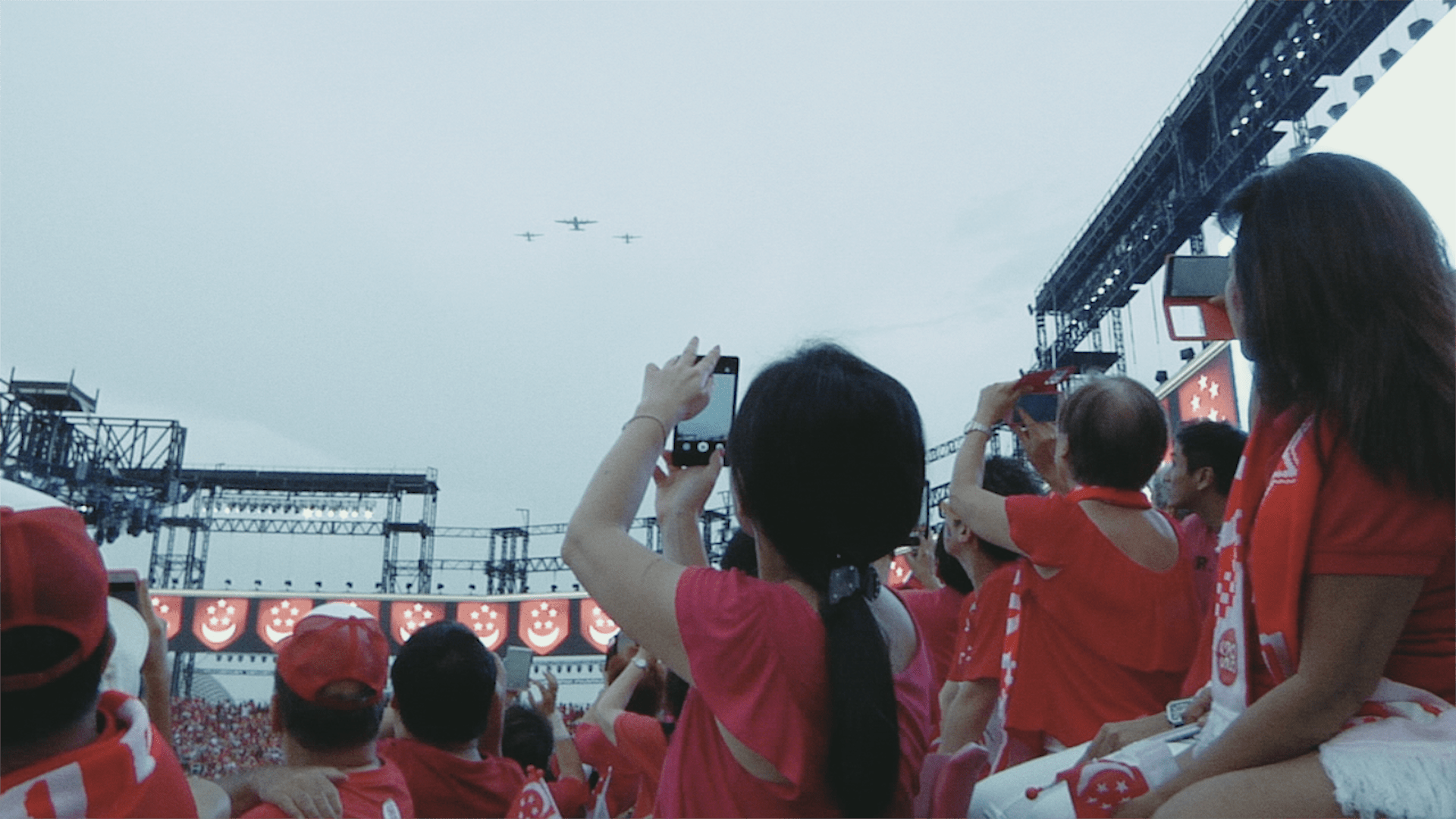The common presence of Wilson Yip, Sammo Hung and Donnie Yen has resulted in a number of martial arts masterpieces, with the first “Ip Man”, and “Sha Po Lang” highlighting the fact in the most eloquent fashion. “Ip Man 2” continues this “legacy” in another truly great movie.
Buy This Title
on Amazon by clicking on the image below
The story is loosely based on the first years of Ip Man in Hong Kong, after escaping, in 1949, from the Japanese-occupied Foshan. The wing chun master has lost all his wealth and is struggling to make a living for himself, his wife and young son, with the difficulties increasing when Cheung Wing-sing gets pregnant. To face his increasing living costs, he decides to open a Wing Chun school once again, but the fact that no one knows him in Hong Kong does not help at all. That is until a young man named Wong Shun Leung appears and challenges him to a fight, losing spectacularly, with the same happening when he adds three of his friends to his attack. The four of them become Ip Man's first students in Hong Kong, with others following soon after.
A bit later though, Ip Man gets into trouble when he stumbles upon Hung Ga, the leader of the martial arts teachers in the area, and an overall very powerful man who is in charge of more than 200 people, most of which run fish stalls. The clash is inevitable, but eventually the two masters come closer together when the corrupt local British police officer brings in Taylor “The Twister” Miller, an arrogant and racist British boxing champion, for an exhibition match. Miller turns out to be rather disrespectful to the Chinese and their martial arts, and the clash with Hung Ga and Ip Man is inevitable.
Wilson Yip directs a movie that is essentially split in two parts, with the appearance of The Twister functioning as the dichotomy. The first one focuses on the difficulties Ip Man faces in order to establish himself, and how his prowess and his students' eagerness eventually leads to a “war” with Hung Ga, and essentially the established order in Hong Kong. In this part, Hung Ga essentially emerges as the villain, with the ways he asks for money from Ip Man and his tactics on preventing him to get more students being quite despicable, also because he is a direct associate with a local police officer, nicknamed “Fatso”. As such, this part also focuses on the consequences of Chinese fighting among themselves, with Yip, though, eventually showing that Hung Ga also does things out of necessity, and not as a kind of “Godfather”.
This aspect essentially brings us to the second part, with the corruption and pressure the British bring presented as the reason for the fighting among the locals, with Superintendent Wallace and The Twister becoming the villains, as Hung Ga transforms to a victimized, “good guy”. The finale actually exonerates the British as a whole, but the context regarding the “foreing devils” does remain. Lastly, Yip makes a comment about the function of the Press, which becomes a growingly important element as the story progresses.
The film, however, is not a social drama, but a martial arts movie, and this is where it truly thrives, with Sammo Hung's action choreography being top notch one more time. The initial attacks on Ip Man by his future students are just an hor d'oeuvre, as the battles become more intricate and more impressive as time passes. The one where Ip Man fights scores of Hung Ga's men, brings us to his fight against the other masters on top of a round table, eventually facing the ruler of the town himself, in a truly spectacular sequence that also benefits by the presence of wires and the inclusion of some humoristic moments.
Where the action part truly finds its apogee, however, are the two fights Twister gets involved in, first with Hung Ga and then Ip Man. The first one offers a rather rare defeat for Sammo Hung in a movie, thus adding to the dramatic aspect of the movie in the most eloquent fashion, with the use of music in this part being truly excellent. The second is even better, also because Ip Man gets his share of beating, although Yip takes care of showing how unfair the fight is on a number of levels, also because in terms of body build-up the Twister is in a completely different class. Granted these two fights give an intense “Rocky 3” vibe, also in the “triumph of the nation” aspect but the whole thing is so impressive and entertaining that nothing else matters.
Donnie Yen plays the perfect human being and fighter Ip Man with gusto, with a great sense of measure in his acting, with the same applying to Sammo Hung as Hung Ga, with the chemistry of the two also being excellent. The presence of Simon Yam and Fan Siu-Wong, who reprise their roles from the first movie in a more dramatic way, round up an overall great cast.
“Ip Man 2” is at least as good as the first part, and one of the greatest modern martial arts movies of all time.


